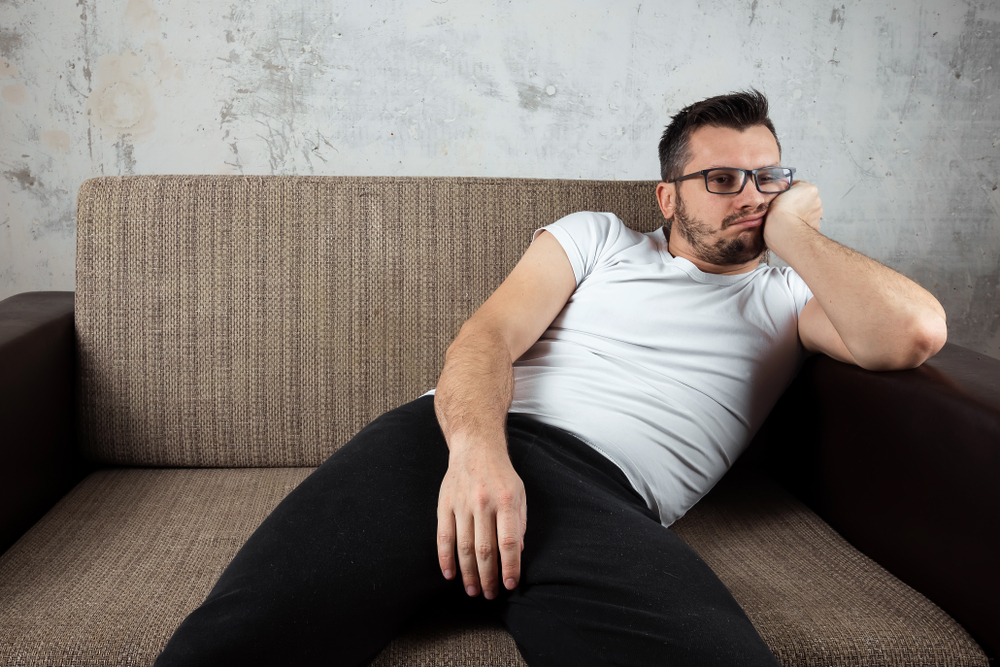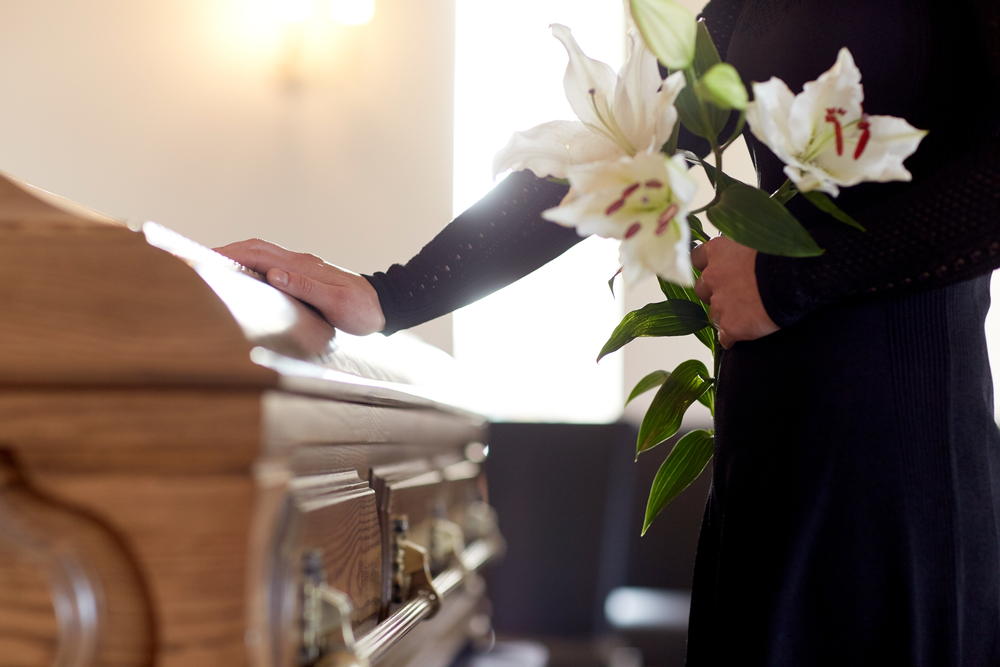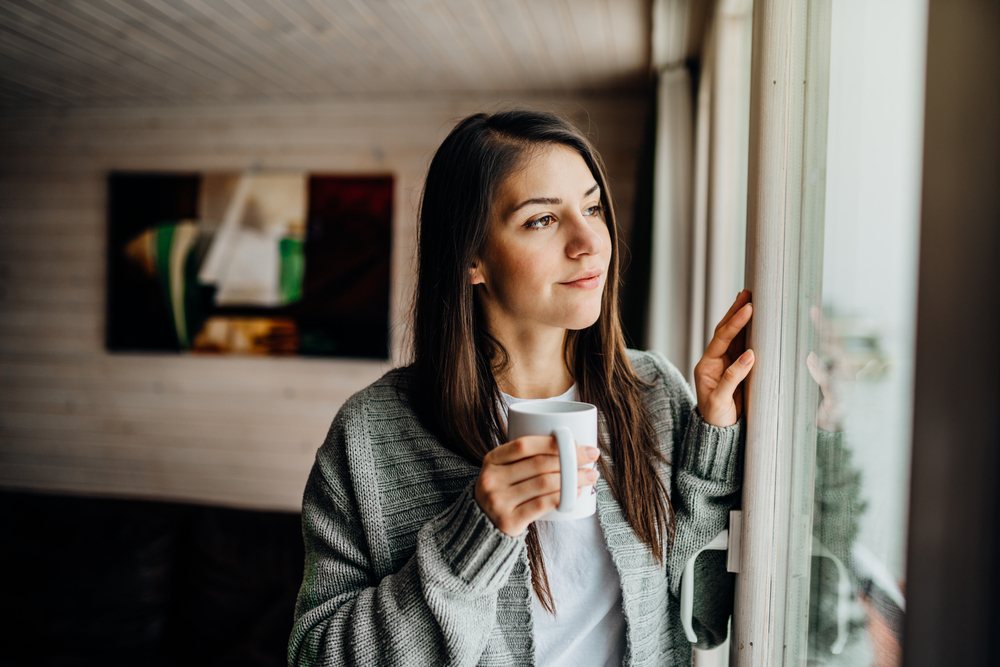Major depression is a debilitating mental illness that can interfere with your job, your family responsibilities, and your life. Common depictions of depression involve someone who is sad or melancholy all the time. But you can be depressed without feeling sad.
What is Depression?
Depression is a mood disorder that affects the way a person thinks, feels, and behaves. Most major depression or clinical depression involve multiple episodes that last over a significant period of time. When a psychotherapist diagnoses a person with depression, it means that they are exhibiting several (but not necessarily all) of the symptoms listed in the Diagnostic and Statistical Manual (DSM-5):
- Sadness, tearfulness, emptiness, or hopelessness
- Anger, irritability, frustration, even over small issues
- Loss of interest in activities you used to enjoy (i.e. hobbies, sports, or sexual intimacy)
- Insomnia or over-sleeping
- Fatigue, lethargy, or lack of energy
- Changes in appetite (reduced or cravings)
- Anxiety, agitation, or restlessness
- Slowed speech, thinking, or movements
- Feeling worthless or guilty, fixating on past failure or blaming yourself
- Difficulty with memory, thinking, concentrating, or making decisions
- Frequent thoughts of death or self-harm
- Unexplained physical aches and pains
Can I Feel Sad Without Being Depressed?
Sadness is one of the top symptoms of depression, but that doesn’t mean you have a mood disorder just because you are feeling down. It is normal to feel sad, or even depressed, when something bad happens. When that sadness doesn’t fade, or seemingly has no cause, it may be worth speaking to a psychotherapist about whether it is sadness or depression.
Can I Be Depressed Without Feeling Sad?
On the other hand, people who are depressed do not always feel sad. A depression diagnosis may be based on any combination of symptoms. For many patients who are depressed without feeling sad, their mood disorder manifests as a loss of motivation or enjoyment in life. They become more apathetic than sad.
Just because you have been diagnosed with depression also doesn’t mean you will be sad all the time. In between episodes patients can live happy and healthy lives. With proper treatment patients with depression can learn to manage their symptoms, including their sadness, to get back to their full lives more quickly.
Why Don’t I Feel Sad if I’m Depressed?
There are several reasons why your depression may not feel like sadness. In some cases, comorbidity (having two different medical conditions at once) can mask the symptoms of depression or change how it is expressed. Instead of sadness some people experience:
Numbness
For some, depression is primarily about feeling numb. Numbness doesn’t just affect positive emotions. It can leave them feeling little to nothing at all. They may feel disconnected or discontent but may not be able to identify it as sadness.
Anger
Often, people who are wrestling with depression can convert their sadness into anger or some other feeling. Men, in particular, may have learned that sadness is weakness. Rather than expressing their sadness they may become angry or irritable and lash out at those around them.
Physical Pain or Illness
There are many physical symptoms that manifest because of depression and sadness. People who are internalizing their sadness may experience headaches, digestive issues, aches, and pains, all without any external cause.
Obsession
Because depression often includes guilt and self-blame, some people experience sadness in the form of worry or obsessive thoughts. They may feel like the same thoughts run on repeat in their heads, even if they can’t say they feel sad about them.
Addiction
Many people who experience untreated depression turn to alcohol, drugs, sugar, or addictive behaviors to mask their sadness. Compulsive use of chemicals or other addictive behaviors can provide temporary relief and even a fleeting sense of euphoria. They also mask or suppress the underlying sadness or depression.
What Should I Do if I Think I’m Depressed?
One of the challenges of depression is that it can be hard to do anything, even your normal activities, during an episode. Still, in between episodes it may feel like nothing is wrong. Your best strategy is to use this “up” period to get prepared for the next “down.” Speak to your doctor or a psychotherapist about coping strategies to help you manage your mood and balance out your emotions. It will help you have more good days so you can better enjoy your life.
David Stanislaw is a psychotherapist with over 30 years of experience. He helps children, teens and adults with depression and other mental health concerns. Contact David Stanislaw to get help today.


 How Bereavement Counseling Helps with Loss
How Bereavement Counseling Helps with Loss Long-Distance Relationships and Loneliness
Long-Distance Relationships and Loneliness Finding the Right Stress Management Technique
Finding the Right Stress Management Technique